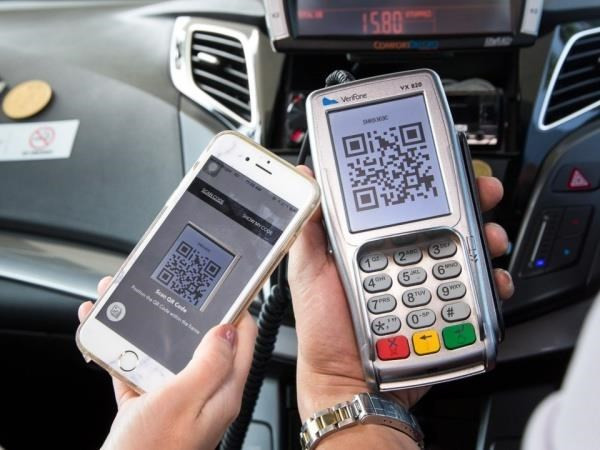Mobile phone payments also surged by 65% in volume and 77% in value while QR code transactions rose by 152% and 301%, respectively. Meanwhile, transactions made through ATMs decreased by 4% in volume and 6% in value.
The Government has issued the National Digital Transformation Programme till 2025 with a vision to 2030. The State Bank has also released a digital transformation plan of the banking industry till 2025 with a vision to 2030. This provides an opportunity for banks to renovate their business models, improve financial services, and adapt to the changing landscape by offering diverse products and services that meet customer needs.
At the "Finovate Innovation Day: When Innovation Meets Sustainability" workshop organised by the National Innovation Centre and JobHopin, Deputy Chairman and Secretary General of the Vietnam Banks Association Nguyen Quoc Hung revealed that 96 banks and credit institutions in Vietnam are actively building digital transformation strategies. Moreover, 92% of the banks have developed internet and mobile apps to improve their services.
He added that these figures reflect a strong trend towards electronic payments. Banks and payment intermediaries are connected in real-time transactions, with an average daily value reaching approximately 900,000 trillion VND (40 billion USD), encompassing over 8 million transactions per day.
Additionally, over 70% of adults in Vietnam have a bank account through digital channels. The cost-to-revenue ratio for banks has decreased by around 30%, resulting in significant cost savings.
According to a 2023 survey on digital transformation by DBS financial services group, Vietnam ranks second among the 10 Southeast Asian countries in the degree of digital transformation for enhancing customer experience and engagement in the financial sector, behind only Singapore.
















